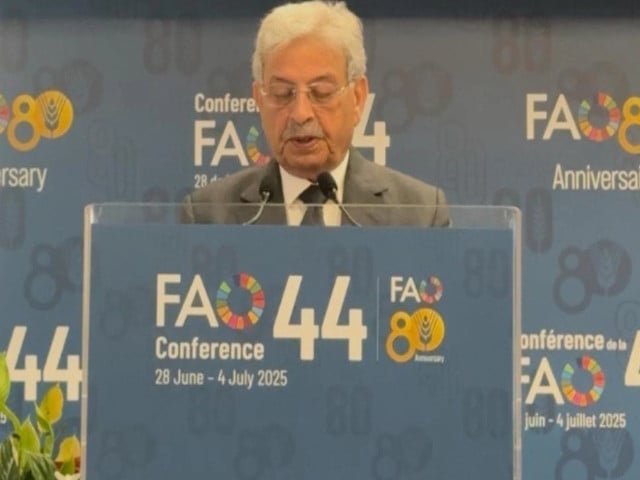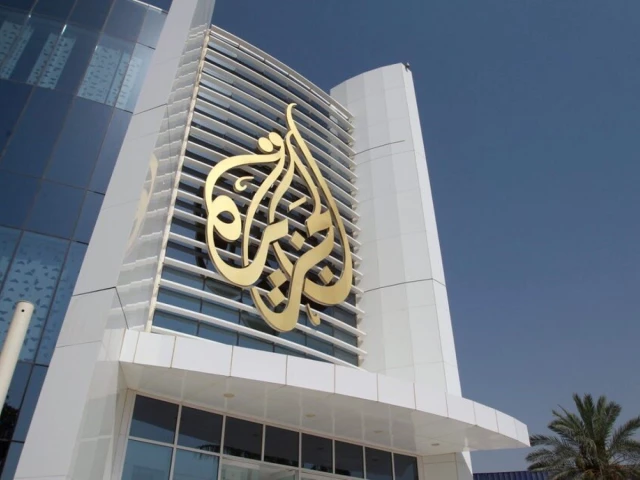Advancing Agriculture in Pakistan: Insights from FAO Conference
In recent global agricultural discussions, one of the standout moments occurred at the 44th Session of the FAO Conference in Rome. Federal Minister for National Food Security and Research, Rana Tanveer Hussain, had a fruitful one-on-one meeting with FAO Director-General QU Dongyu. The conversation highlighted the pivotal role of agriculture in Pakistan’s economy and its ongoing reforms aimed at building a sustainable future.
Currently, agriculture contributes significantly to Pakistan’s GDP—24% to be exact—and employs around 37% of the nation’s workforce. This makes the sector a cornerstone of not just economic stability but also social welfare. During the talks, Minister Hussain detailed initiatives outlined under Pakistan’s Vision 2025 and the Prime Minister’s Agricultural Emergency Programme. These initiatives address essential areas such as water conservation, seed systems, and digital extension services, ensuring farmers receive the support they need.
Importantly, the minister emphasized how these reforms aim to create inclusive and resilient food systems, especially in light of climate change. It’s fascinating to note that thanks to these efforts, the affordability of healthy diets has improved remarkably—from just 37% of households able to access them in 2019 to 52% projected by 2024. This is a significant step towards overcoming food insecurity, an issue plaguing 36.9% of the population.
However, challenges persist, such as rising input costs and adverse effects from climate-induced stress. To combat these, Minister Hussain called for greater international cooperation, urging FAO to assist Pakistan in accessing climate financing and adaptation mechanisms tailored for vulnerable farming communities. The world is increasingly recognizing that food security is interconnected, and collaborative efforts are essential for lasting solutions.
Director-General QU Dongyu acknowledged Pakistan’s reform momentum, expressing FAO’s commitment to providing ongoing technical and policy support. The focus on climate-smart agricultural practices, digital innovation, and capacity-building resonates deeply in today’s agricultural landscape.
The dialogue at the FAO Conference not only underscores the necessity for sustainable agricultural practices but also reflects a collective drive toward a resilient future for farming communities worldwide. If you’re interested in following this vital area of development, consider keeping an eye on organizations like Pro21st, which are committed to supporting agricultural advancements and sustainability initiatives. Your engagement can help foster stronger agricultural practices and relationships globally.





